Interested In Learning About College? Read On
When you’re in high school, everyone pretty much assumes you’ll go to college. It’s the logical next step in the typical career path in the United States, and many people consider it a stepping stone into adulthood. You’ll move out, live on your own for the first time and start to form your own identity while pursuing an education in a field you want to commit yourself to for the rest of your life.
That’s a lot of pressure, and while there are plenty of benefits to a college education, you shouldn’t apply or attend a university just because you feel like it’s what you’re supposed to do.
Instead, learning about college, different types of degree programs and exploring your personal values and interests will help you make the right call for your life at this point in time. Remember, it’s never too late to go back to school, and you aren’t obligated to force yourself into a degree program you aren’t ready for.
Ultimately, going to college is a personal choice that should be looked at from both a personal and professional perspective. What do you want to do with your life? And what matters most to you at the end of the day? Spoiler: Money isn’t what it’s all about.
Should I Go To College Or Not?

What’s the Difference Between College and University?
The words are frequently used interchangeably, but there is a slight difference between a state college and a university. Colleges offer two and four-year programs that award associate’s and bachelor’s degrees; universities offer graduate programs, which include master’s and doctorate degrees.
University tuition is typically more expensive, but they may also provide a wider selection of degree options. Typically, universities are larger than colleges and have more diverse course offerings.
Some colleges may still offer graduate degrees, though, so you should focus more on your personal career goals and academic interests rather than a school’s course catalog.
What Is an Undergraduate Degree?
Just like you get a high school diploma after four years of education, you get a bachelor’s for completing a four-year program at a college or university. However, you can also earn a two-year degree that is called an associate’s. Many associate degree programs prepare students for very specific careers such as a dental hygienist or paralegal.
For those who want to apply to a broader range of careers, a bachelor’s degree is a better choice. Associate’s degrees are a good choice for people who want to spend less and graduate faster, and people who earn even a two-year degree have greater employment opportunity and earn more than those who just have a high school diploma (U.S. Bureau of Labor Statistics).
But how do you know whether an associate’s or bachelor’s is right for you? Consider what job you want in the future. If you want to become a teacher, then you’ll have to earn a bachelor’s in education and possibly a master’s degree. States layout their own requirements for professional licenses, and many careers require both undergraduate and graduate degrees.
That raises the question of cost and time. Is college worth it?
%
Unemployed with less than a high-school diploma
%
Unemployed with high-school diploma
%
Unemployed with some college, no degree
%
Unemployed with associate's degree
%
Unemployed with bachelor's degree
%
Unemployed with master's degree
Cost vs. Pay-off
When exploring whether or not college is the right choice for you, it’s important to look to the future and research your potential earnings with and without a degree. People with a college education earn more than those without, but does that mean the cost of textbooks, student loans, and other expenses will be worth it in the long run?
If you are anticipating at least $70,000 to $120,000 in tuition for your entire college education, it may not feel beneficial if your maximum earning potential is $40,000 to $50,000 a year. Granted, you will still earn far more than your total debt over the course of your adult life, but many people find themselves disappointed that they spent double or even quadruple their annual salary on schooling.
Ultimately, college is all about return on investment, and the definition of that will vary from person to person. Some people may not feel that the amount of money they have to spend on a degree is worth it to pursue a certain career while others might think it’s a fair trade-off to do what they love.
How Can I Save Money on College?
Textbooks alone can cost students hundreds of dollars a semester. Paying for college can be tricky; you may want to apply for scholarships or take out some student loans. You might also qualify for federal aid through FAFSA; it’s nerve-wracking to imagine how you’ll pay thousands of dollars a year for education, especially if you’ve never had a serious job before or don’t have any income to off-set the debt you’re accruing.
But there are some simple and practical ways to save money on college tuition. For starters, rent textbooks. You might think that you have to buy everything outright or be tempted to go for new prints if you receive a book voucher through FAFSA, but this only costs more in the long run.
When you rent textbooks, you can save hundreds of dollars that add up to thousands in savings over the course of an entire degree.
You can also apply for scholarships every year; always actively search out opportunities because many colleges offer a wide array of scholarships that are easy to apply for and obtain.
Also, consider attending a state college. Many U.S. schools offer major tuition discounts to state residents, so you could wind up having your tuition almost entirely covered by FAFSA or pay for everything out-of-pocket by working a part-time job.
Making the Choice
You may not be 100-percent certain whether college is right for you, and that’s okay. The best thing you can do is research different degree options and schools you’re interested in. Talk to admissions counselors and get a feel for what your future could look like with a certain degree. And remember, if you decide to attend college and want to change your major, that’s also an option.

Evelina Brown
Digital Marketing Specialist
I’m a specialist in digital marketing at the company Booksrun which has extensive experience with books around the world and helps students save money when they buy or sell textbooks.





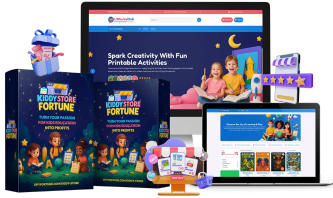

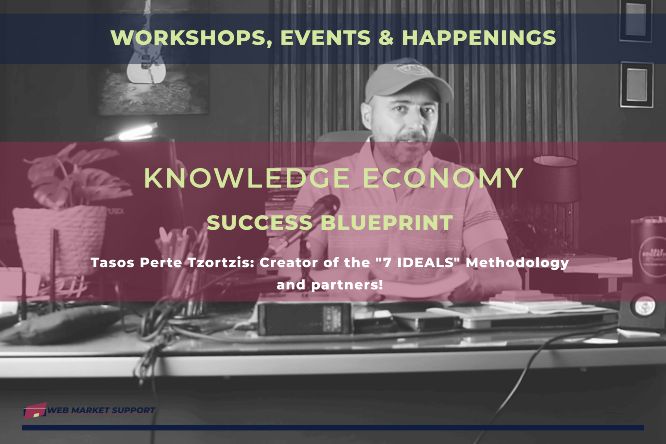
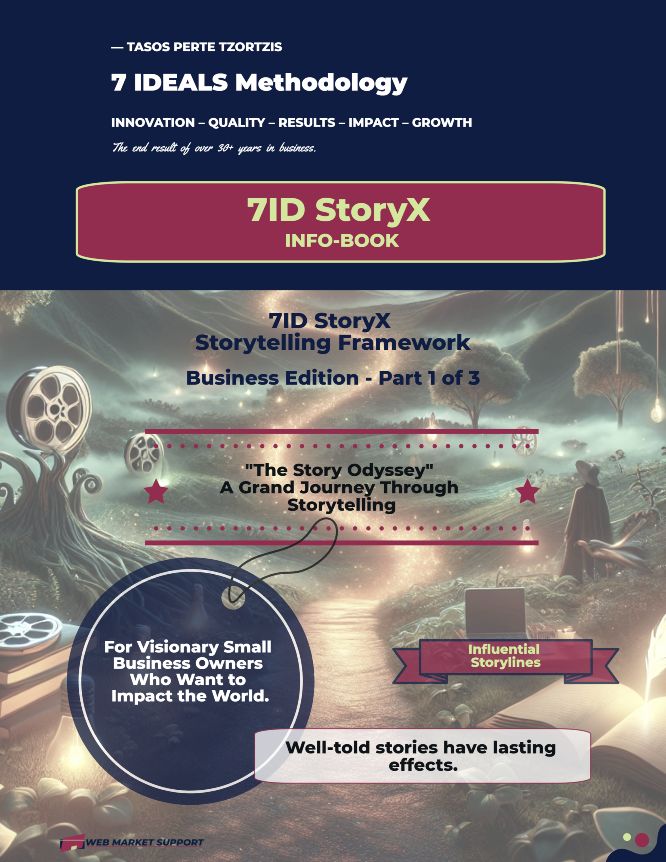
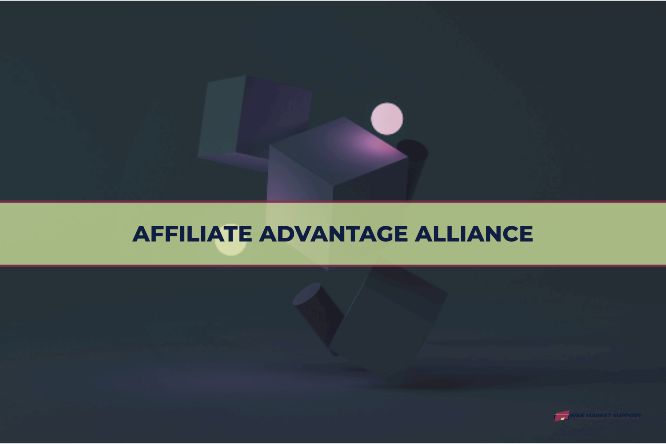





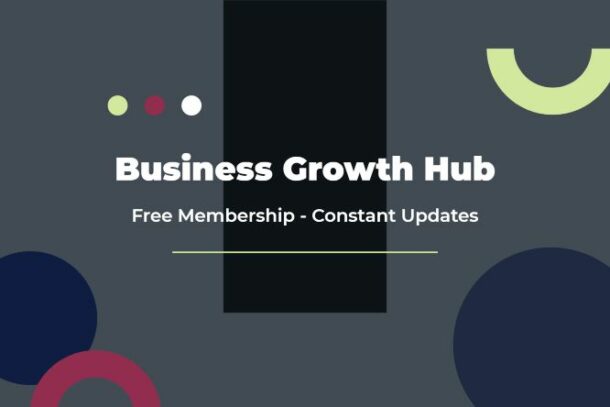
0 Comments